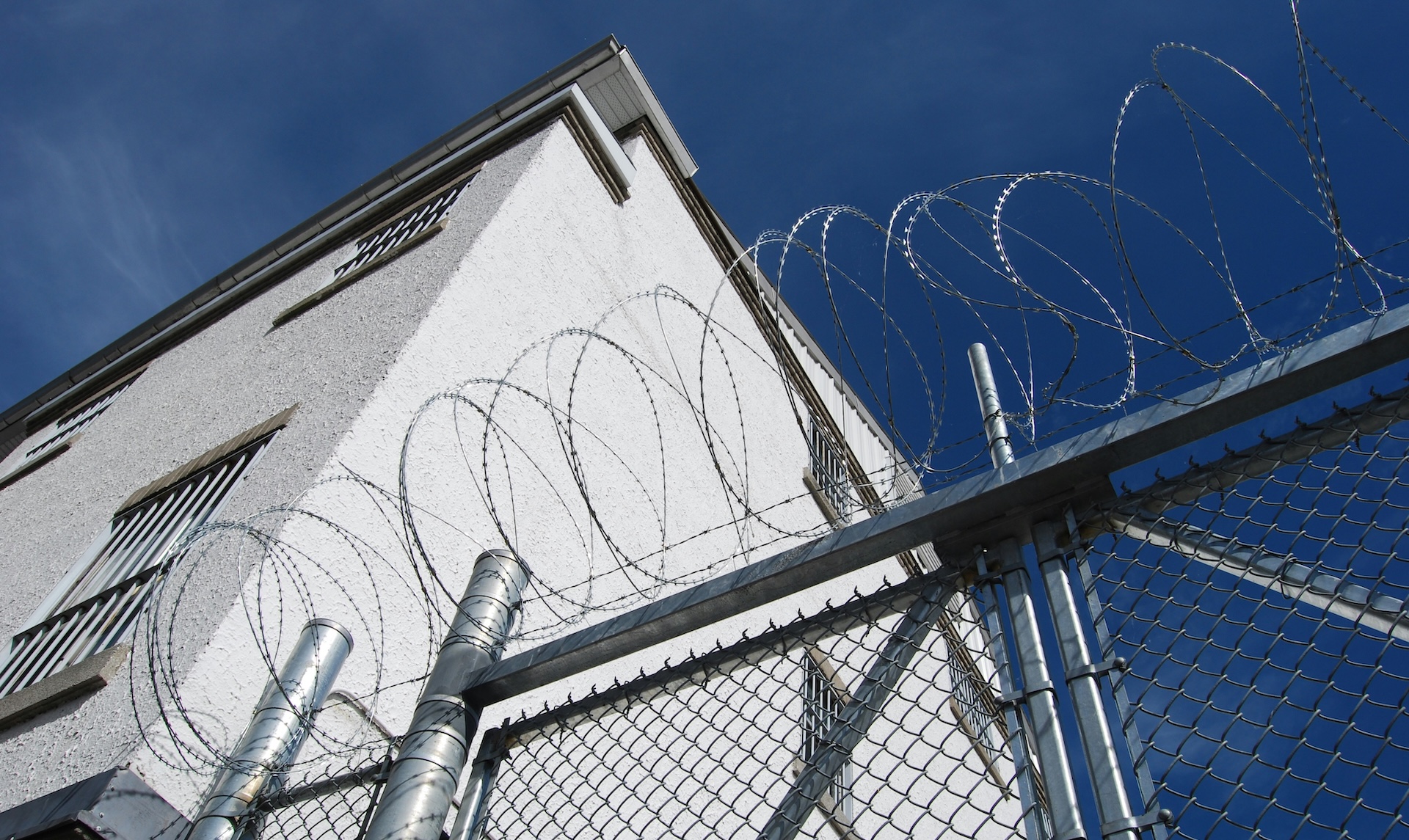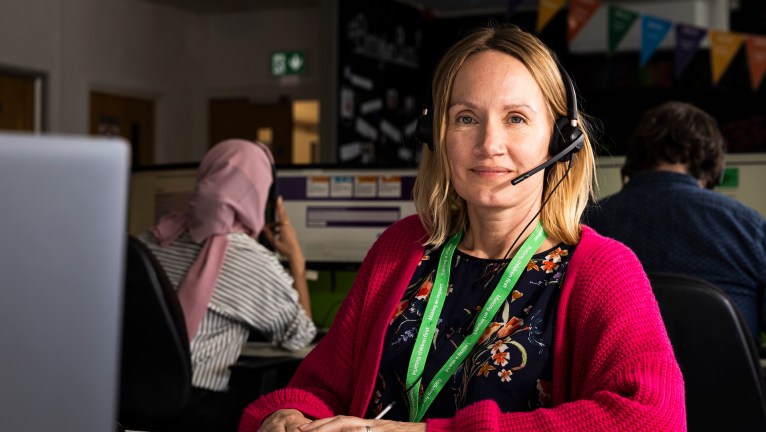A major independent sentencing review presents a watershed opportunity for women’s justice. Among some of the more headline-grabbing proposals, there’s something more radical quietly on the table: a genuine chance to stop failing women in the criminal justice system.
The government has accepted several of the review’s recommendations, including moving away from short prison sentences in favour of community-based alternatives. There’s also a welcome recognition of the realities women face, including proposals to: defer sentences for pregnant women; review the assault on emergency worker law that disproportionately affects women; and invest in women’s centres and the third sector – all pointing in the right direction.
For too long, the criminal justice system has set women up to fail. Women make up just 4% of the prison population, yet their offences are, more often than not, the result of poverty, domestic abuse, homelessness, mental ill-health, and trauma. Prison only deepens these problems.
- It wasn’t until I went to prison that I realised how important reading was – it became a lifeline
- Our children are in prison for murders they did not commit. We’re fighting to change the law
- Johnny Vaughan: ‘There’s not many who get out of jail and go on to become the highest-paid man on TV’
At Women in Prison’s centres and hubs, we work with women every day who have been through huge amounts of hardship and trauma, and whose lives have been derailed by criminalisation.
Meet Natasha, for example. After going through trauma in her childhood, she suffered with significant mental health problems, turned to drugs and alcohol as a coping mechanism, and became a full-time carer to her mum. These circumstances drew her into contact with the justice system. She often tells me: “I only got the help I needed after I was convicted. If I’d had it earlier, I don’t think I would’ve ended up there.”
Natasha’s experience is painfully common. But the sentencing review, which has largely been accepted by the government, offers hope for change, starting with a clear message that prison should be an absolute last resort for women. This is something Women in Prison has campaigned for, alongside allies and partners, for decades because prison is unsafe, inappropriate, and ineffective for women.





